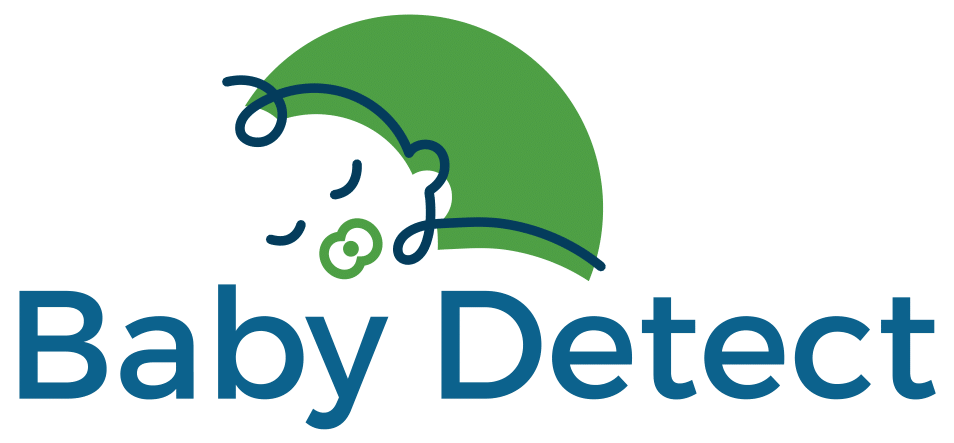ATP7A gene
Also known as: Menkes syndrome; Kinky hair disease; Steely hair disease
Copper transport disease
OMIM#309400 https://omim.org/entry/309400
1. The Disease:
A rare congenital disorder of copper metabolism with severe multisystemic manifestations that are primarily characterized by progressive neurodegeneration and marked connective tissue anomalies. A pathognomonic feature is the typical sparse, abnormal steely hair.
2. The symptoms
Menkes disease (MD) manifests in the neonatal period. Most patients are born at term with appropriate birth measurements. Cephalohematomas and spontaneous fractures are occasionally observed at birth. Lack of early signs or symptoms does not exclude the diagnosis.
In the early neonatal period, patients may present with prolonged jaundice, hypothermia, hypoglycemia and feeding difficulties. Pectus excavatum and umbilical and inguinal hernias have also been reported.
Unusual sparse and dull scalp hair is often the initial observation at the age of 1-2 months. Characteristically, the hair appears hypopigmented/depigmented, resembles steel wool and is friable, especially in the areas of the scalp subjected to friction.
Additional symptoms are failure to thrive, poor eating, vomiting, and diarrhea. The appearance of pale skin, frontal or occipital bossing, micrognathia and pudgy cheeks may be observed. Patients develop gradual motor dysfunction and seizures. Muscular hypotonia in early life is replaced later-on by spasticity and weakness of the extremities. The clinical course is usually severe.
Variable forms exist with occipital horn syndrome (OHS) being the mildest recognized form, which further presents with prominent bony exostoses and bladder diverticula.
3. Actions to take in case of early diagnosis:
Biochemical correlation is recommended with demonstration of reduced levels of serum copper and ceruloplasmin.
MD is a lifelong disease requiring lifetime management and regular follow-up with a Paediatric Neurology Center Management is provided by multidisciplinary team.
Early parenteral copper-histidine supplementation may modify disease progression and some symptoms by providing extra copper to tissue and to copper-dependent enzymes. Oral administration of copper is ineffective as it is trapped in the intestines.
Genetic counselling is highly recommended for family planning and evaluation of at-risk family members such as siblings.
4. For more information:
Biblio:
